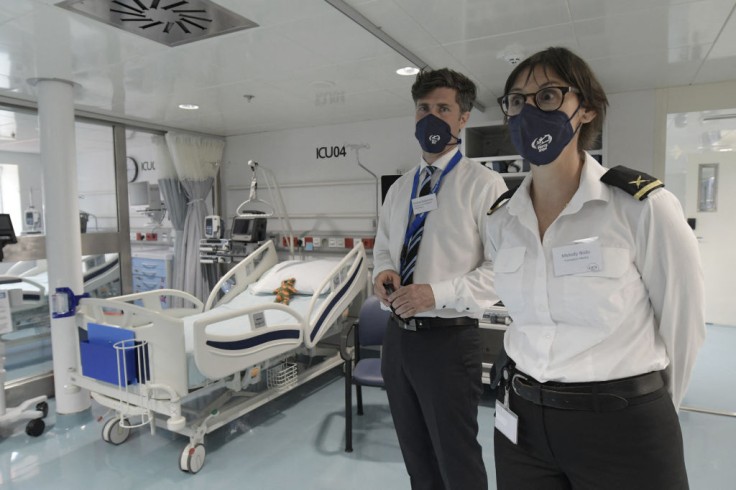
There are very few people across the globe whose lives have not been affected by cancer. That was evident on Saturday, May 28, as many Canadians in Kingston took part in the Ride for Dad, an event aimed to raise money and awareness for prostate cancer.
For many who attended over the weekend, the Ride for Dad event is near and dear to their hearts. Participant Josee Douville said they were there to ride the Ride for Dad for prostate cancer. Douville added that they started attending in 2006 and have been doing it every year since.
Marion Perry, co-chair of the event and someone impacted by the disease, told Global News that one out of six men would be diagnosed with prostate cancer. Perry added that if she only knew then what she knows now about this disease, she might have saved her dad.
Prostate cancer is a silent disease
There was a recurring message throughout the day for all men over 40 - to get checked for prostate cancer as it is a silent disease. Perry said a simple PSA test could go a long way in preventing prostate cancer or detecting it.
Tianna Garrett also had a message for the women - to do what they do best, which is nag the men in their lives and get them to the doctors. While Perry could not save her father from the deadly disease, she is doing everything she can to ensure others do not experience what she did.
Perry said she could try to get the word out there; that is what they are doing; it is their mission. Ride for Dad will continue to do its part by helping raise funds to save lives from prostate cancer while having fun.
According to CTV News, Kingston was the second city to host Ride for Dad in 2004 and, on its own, has raised $1.5 million throughout the years.
How to treat prostate cancer
Prostate cancer occurs in the prostate, a small walnut-shaped gland in males. The prostate gland produces the seminal fluid that nourishes and transports sperm. According to Mayo Clinic, many cases of prostate cancer grow slowly and are confined to the prostate gland, where they may not cause serious harm. While some types of prostate cancer grow slowly and may need minimal or even no treatment for the patient, other types are aggressive and can spread quickly.
The best chance for successfully treating prostate cancer is to detect the disease early. Prostate cancer that is more advanced and that has spread outside the prostate gland may cause signs and symptoms such as trouble in urinating, decreased force in the stream of urine, blood in the urine, blood in the semen, bone pain, losing weight without trying, and erectile dysfunction.